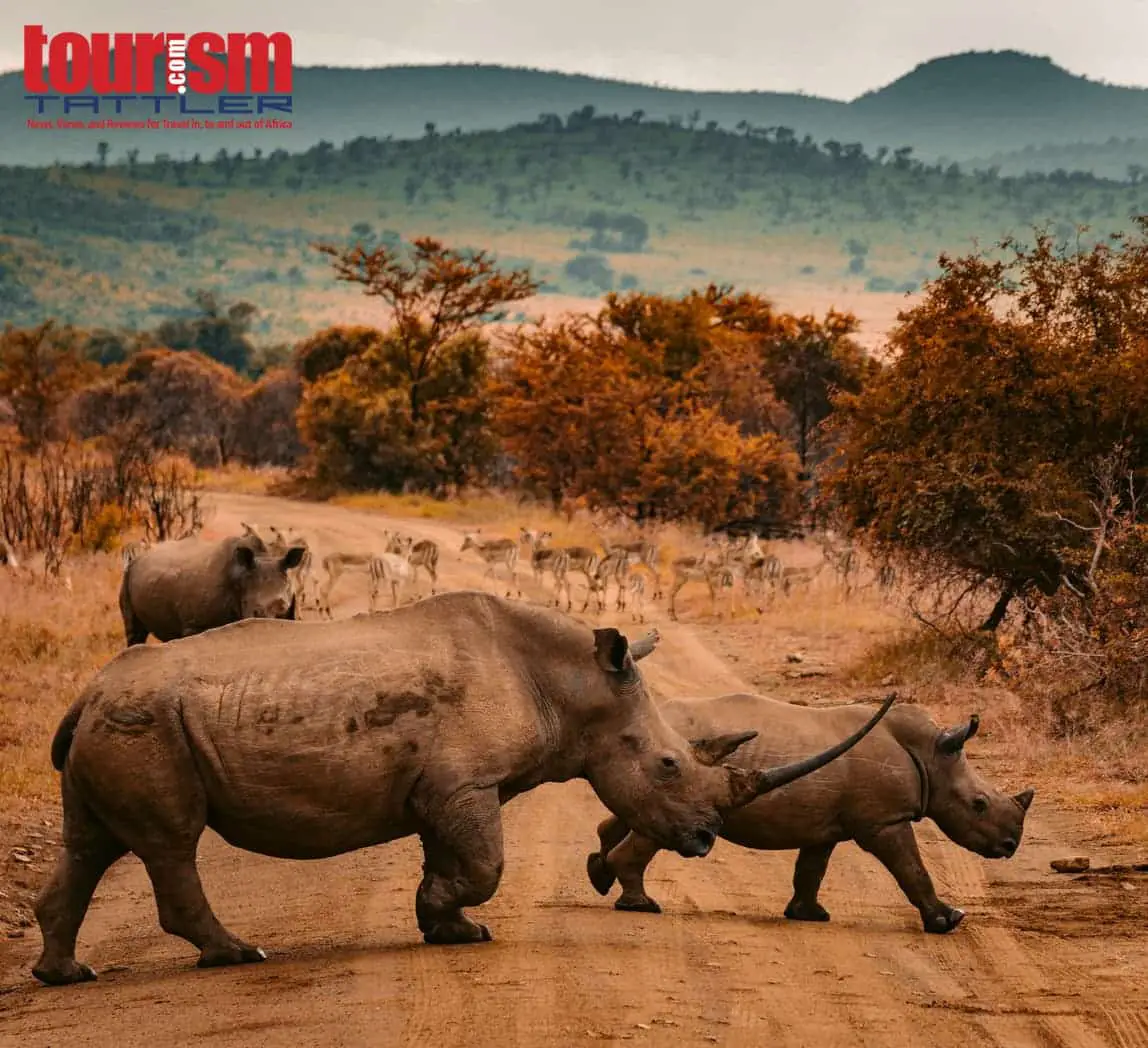Tourism Insurance – Part 7
Summary: Part 1 in this series covered an introduction to insurance, an outline on the EC Directive, the basics of risk management, and financial guarantees. Parts 2 and 3 looked at liability insurance, Part 4 continued the subject of liability with specific reference to the Road Accident Fund in South Africa, Part 5 dealt with Property Insurance, and Part 6 with Property Insurance and Travel/Medical Rescue Insurance.
Part 7 concludes this series with Business Insurance (Buy & Sell, Key Person, Provident Fund).
TYPES OF INSURANCE
The five kinds of insurance that apply to the tourism industry are:
1. Financial Guarantee (Insurance Bond)
2. Liability Insurance:
• General Public Liability
• Passenger Liability
• Road Accident Fund Amendment Bill
• Personal Accident insurance
• Professional Indemnity insurance
3. Vehicle / Property Insurance
4. Travel Insurance / Medical Rescue
5. Other Business Insurance (Buy & Sell, Key Person, Provident Fund) – Read below:
OTHER BUSINESS INSURANCE
Part of being a business owner and breadwinner means making provision for unforeseen challenges. Risks associated with life assurance are not pleasant to think about, but they do play a significant role in your business and personal life. The results could be disastrous if they are not properly insured and managed.
All businesses have a unique set of financial requirements which need to be managed in times of crisis, and Buy & Sell agreements can provide reassurance as they provide a legal document that ensures that the business is not thrown into disarray if one of the shareholders dies or is disabled.
Buy & Sell agreements preserve the continuity of business ownership and are designed to protect the shareholding of the partners or owners by providing the surviving shareholders with the funds needed to purchase the shares of the deceased shareholder.
Key Person cover is an insurance policy that is taken out by an employer to cover the life of a key individual within the organization. A key person is anyone within the business who significantly enhances profitability. The policy provides the finance that will be needed to recruit and train a replacement for the position that the deceased key person has vacated.
Businesses incur debt and shareholders generally have to sign surety for these debts, which creates both business and personal risks. Personal Liability insurance transfers the risk by providing cover for sureties signed by the business partners in the event of the insured’s untimely death.
As a responsible partner and parent, it is important to be prepared for any eventuality, especially death and disability. Your family’s standard of living could suffer in the event of death, disability or dread disease of one or both of the breadwinners.
Personal Life and Disability insurance cover
After a lifetime of hard work, retirement should be about enjoying a relaxing and well-deserved break but it can become a distant dream if the retirement funding that has been put into place is insufficient and basic needs cannot be met. Retirement insurance cover allows for the investment of small sums of money on a monthly basis to accumulate to the desired capital needed to ensure a financially stress-free retirement.
CONCLUSION
This then concludes the seven-part series on travel trade insurance, which covered the broader aspects of the insurances covering the tourism industry in southern Africa.
In conclusion a few important facts are worth repeating:
- Wherever possible make sure that your business is run as legally as possible. Don’t give a claimant any unnecessary ammunition to help bolster their case
- Always remain calm and provide the obvious humanitarian services to a client, that you yourself would expect to receive, were you in a similar situation
- Make sure that you are reasonably well insured for all eventualities. Don’t be pressured by horror stories and the threat of how a tourist will destroy you, but be prepared for the normal accident situation. Remember that many insurance policies overlap and you can be covered twice over in some respects
- Make sure that all accidents of any nature are reported to a relevant official authority
- Make sure that your policy covers you in all of the different countries in which you operate and for all the different activities that you conduct. In other words does the policy you bought in Cape Town cover you for the hippo attack that occurs in the middle of the Okavango Delta?
- Ensure that all your paperwork is up to date. Try and make absolutely sure that your clients are aware of exactly what they are in for and that they sign an acknowledgement of this fact
- Make sure that your vehicles are in the best possible condition that they can be. Don’t cut corners on safety measures
- Make sure that the literature promoting your business is factual and not misleading
- Never feel pressured to sign unreasonable contracts with agents that increase your liability and limit your rights to that of another country. You operate in Southern Africa and that is where you must fight your battles
- Select sub-contractors with care. As far as practically possible try and only use SATSA members. Should you use a contractor on a regular basis draw up a standard service agreement making them responsible for their product and giving you recourse in the event of non-performance
- When a foreign operator is selling your product from their brochure, or in fact even selling it without brochure inclusion, try and ensure that they are representing your product accurately. Wherever possible, proof-read and authorise any literature that displays your product before being bound by it
- Try and ensure that the gross price that your agent charges the consumer is a reasonable markup and reflects good value for the service or product offered. If prices are high, client expectations are also high, and this often leads to conflict at the point of supply
- Beware of giving credit to agents who are ‘bad payers’. Many a time payment may be withheld in the event of a dispute and this puts you in a very vulnerable position. A financially weak agent may try and use a complaint as a reason for non-payment
- Make sure that your agents’ cancellation policies are in line with yours. Agents are under pressure to pay back deposits and return funds at the last minute, and this can leave you high and dry. However, you must be prepared to share some responsibility and risk with your foreign agent, as they also have difficult parameters within which they work
- Don’t be bullied into refunding agents if you feel
it ‘s unjustified. Make sure complaints are in writing and that you have had a fair chance to respond. Insist on receiving all correspondence and get the full picture. Proof of any refunds made by agents should be requested.Obviously when the complaint is genuine, act with dignity and try and sort out the situation as fairly and quickly as possible - Above all, remember that your products or services are competing and being compared with those of all other similar products from all over the world. Ensure that your prices are competitive and that your service is beyond reproach.
Read more in this series:
- Understanding Tourism Trade Insurance Part 1
- Understanding Tourism Trade Insurance Part 2
- Understanding Tourism Trade Insurance Part 3
- Understanding Tourism Trade Insurance Part 4
- Understanding Tourism Trade Insurance Part 5
- Understanding Tourism Trade Insurance Part 6
- Understanding Tourism Trade Insurance Part 7




